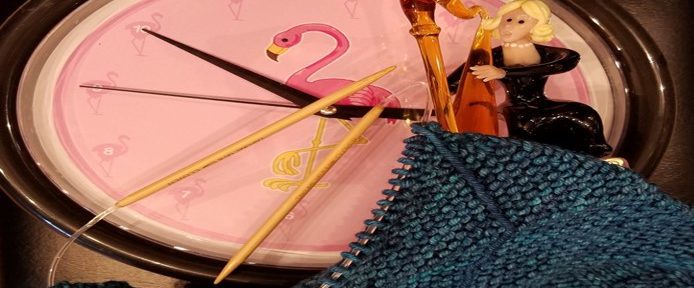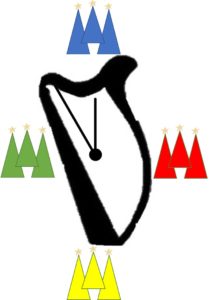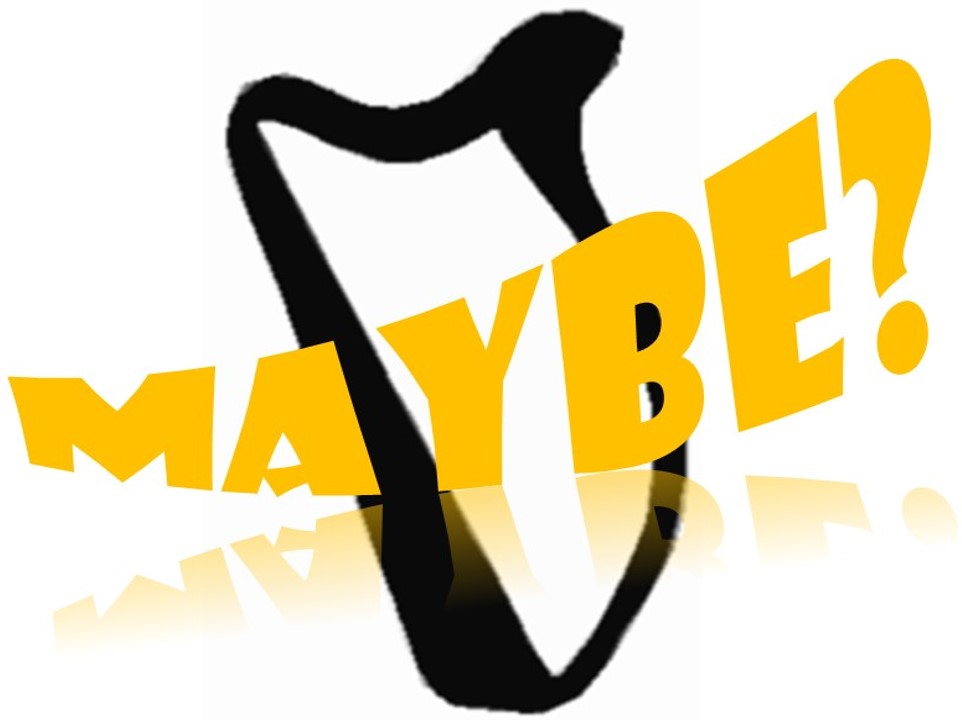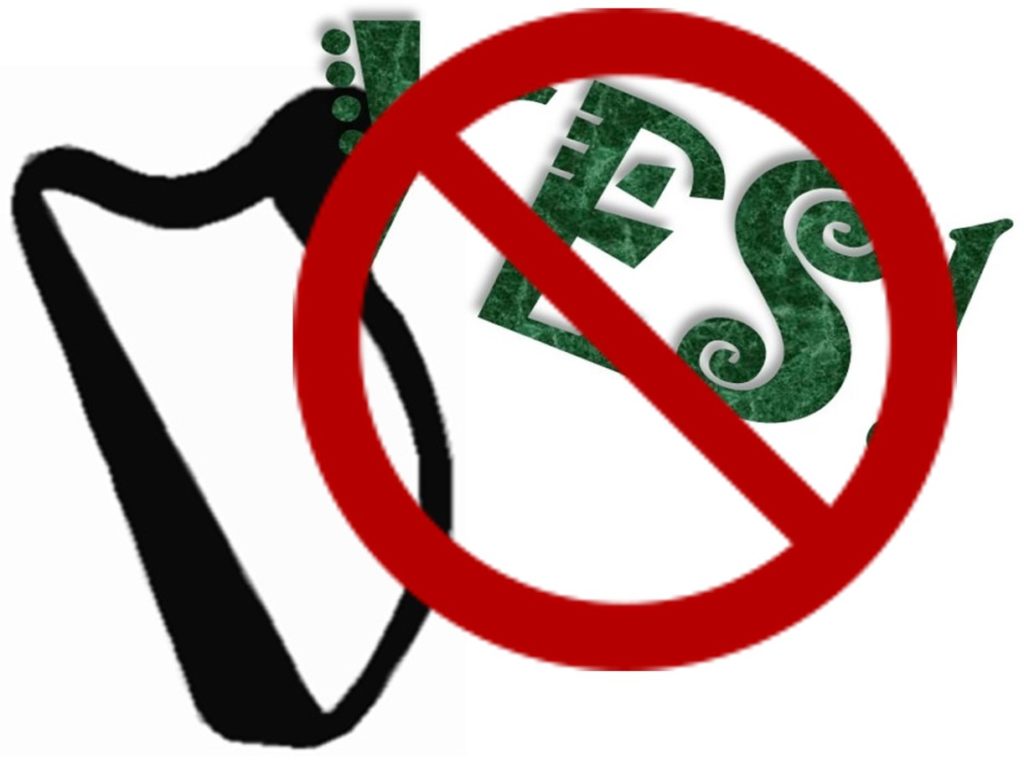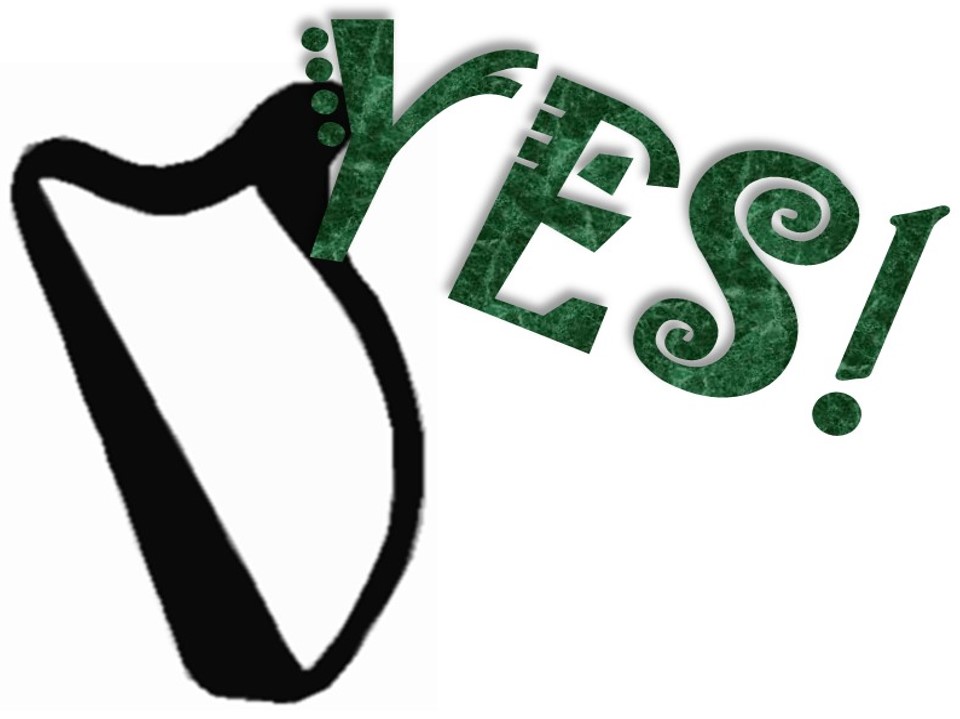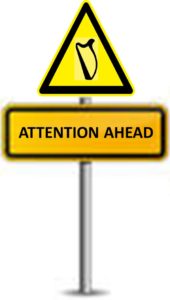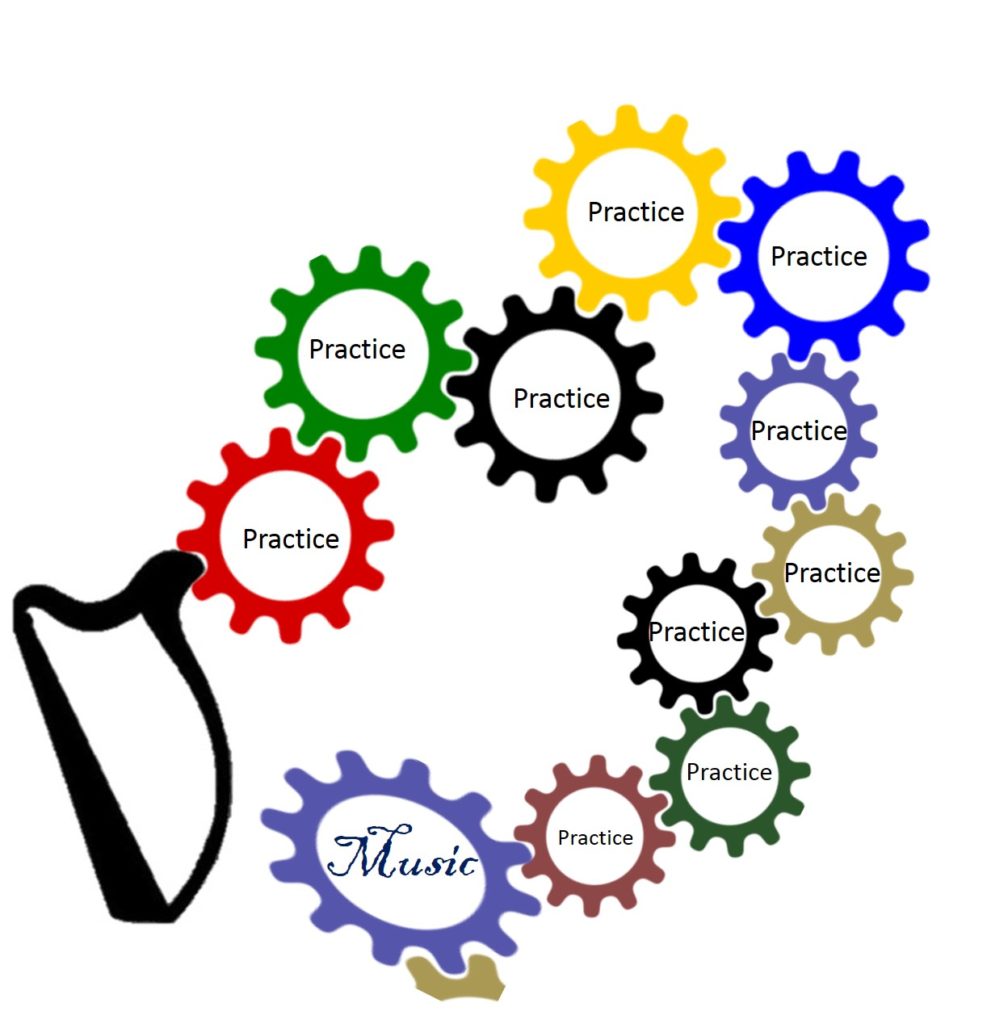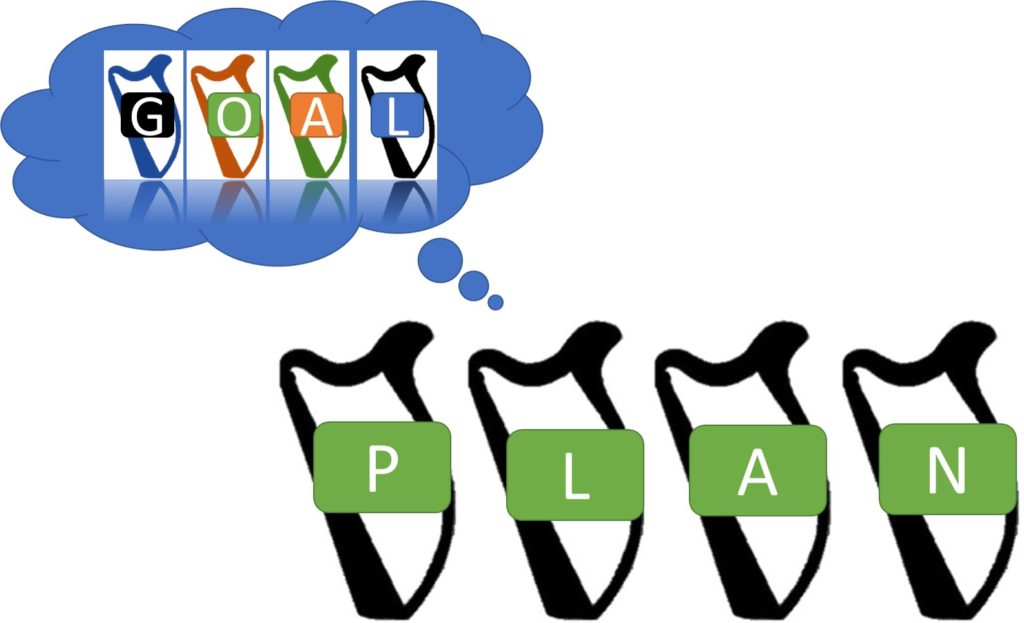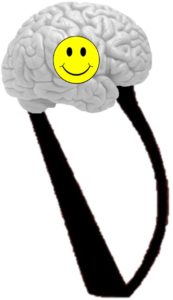I had a lovely weekend spent with a small group of very good friends. That, in and of itself, was a delightful balm for the soul in this bleak midwinter but it really provided a great backdrop for insights. Safe, warm, well fed, and alight with laughter, the scene was set to really inculcate what you might know but haven’t learned. Two lessons stood out for me – both related to the potential outcomes that arise from good and continued practice.
The first is the importance of solid practicing of fundamentals. We all know how essential warmups and exercises are. When we are “young harpers” (by which I mean new to the harp, regardless of age) we do our exercises. They may consume most of our early lessons as we work to learn how to control the beautiful beast we have chosen. 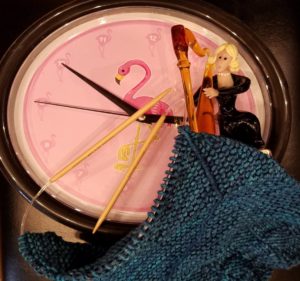 But we progress, we think we have learned what we were meant to have learned from the exercises…but there are so many tunes…and obligations. And soon, many of us have left the exercises and warmups out of practice time – to save time, to be efficient. Then, because we aren’t practicing them, they fall out of our practice repertoire. Because there is always more music…and laundry…and day jobs…and other impediments and excuses.
But we progress, we think we have learned what we were meant to have learned from the exercises…but there are so many tunes…and obligations. And soon, many of us have left the exercises and warmups out of practice time – to save time, to be efficient. Then, because we aren’t practicing them, they fall out of our practice repertoire. Because there is always more music…and laundry…and day jobs…and other impediments and excuses.
In this gathering, one of us took 10 minutes each morning, like they do every morning, and did warmups and exercises. The rest of us watched and commented – in admiration and surprise (and maybe chagrin). Nothing overly complex – scales, arpeggios, running chords and inversions. The “usual”. The mundane. The foundational! It was clear why such gorgeousness pours forth from that harp – and with so much ease. A little hard work goes a long way. The lesson was further reconfirmed by the acknowledgement that there are typically only about 45 minutes a day to practice! But because of this foundational work, the remaining time is spent focused on learning the music not struggling with fingers or patterns! The small amounts of foundational work – practiced regularly – are central to a good practice routine. It’s one thing to know it, but it’s something altogether different to actually do it.
The second insight was the application of that same practice discipline to the rest of our lives. Everyone (else) there is a knitter. I want to be a knitter because it looks good – productive, industrious, practical, and artistic. And all my friends are doing it! And it looks easy – after all, it’s just tangling string with some sticks! Like the harp – knitting is (relatively) easy to start…and very challenging to get good at. My friends have all been knitting for decades! But, in that unhelpful way adults do, my attempts are at best, laughable compared to theirs. When I had finished my first project – a straight(ish) scarf, I decided I was ready to move on – to a lace cowl! If you’re not a knitter, I’ll translate. It was the yarn equivalent of successfully plunking out Twinkle Twinkle Little Star and deciding to follow that with Britten’s Ceremony of Carols! Of course you can make that leap, but it will be frustrating, daunting, difficult, fraught with little (and undeniable) failures – all of which will cause you to doubt yourself. Even if I was God’s gift to knitting, I’d need to practice for a long while to be able to show it. I made two big (and typical) mistakes – I discounted all the time and practice my friends have put in over the years to learn, practice, and master knitting and I expected to be able to just knit without putting in the same kind of time and effort.
Foundational practice is the fundament of success! You may be slapping your forehead at this point, dismayed at how thick I can be. Nothing here is new. I have not imparted any wisdom. But knowing (in your mind) and knowing (in your heart) can be different. The need to practice knitting to get better at it was something I knew but hadn’t taken to heart. The certainty that I need to make multiple straight scarves, really become comfortable with the skills, know when something is wrong (and how to fix it) is finally there. The willingness to do the work, to gain the skills, to ask myself to not just complete a project but to finish it well – to ask myself to not be satisfied by just “playing through” but to do more than settle for a sloppy end are all the elements I can bring from my harp to my knitting. And if I begin by working diligently on one stitch for just 10 minutes a day, like the warmups and exercises, I will eventually be strong enough in the fundamentals to get to the lace. And to see that the artistry arises from that foundation.
What will your 10 minutes be? Please share with me what warmups and exercises you do (or are going to be doing) at your harp. Any ideas you can bring over from other instruments you play? Together we can come up with some cool stuff – I’ll compile your suggestions and share them later.
